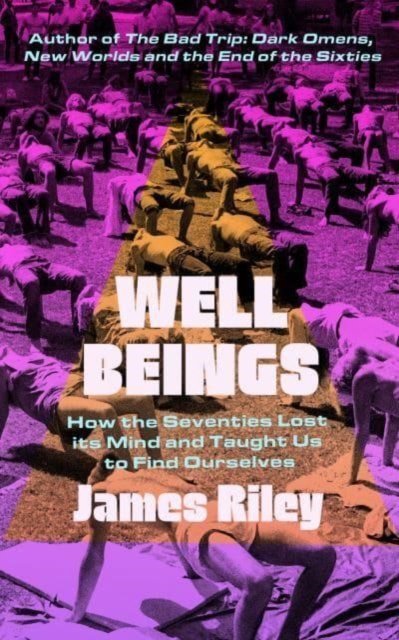 Image 1 of
Image 1 of


Nostalgia : A History of a Dangerous Emotion by Agnes Arnold-Forster
In Nostalgia: A History of a Dangerous Emotion, historian Agnes Arnold-Forster blends neuroscience and psychology with the history of medicine and emotions to explore the evolution of nostalgia from its first identification in seventeenth-century Switzerland (when it was held to be an illness that could, quite literally, kill you) to the present day (when it is co-opted by advertising agencies and politicians alike to sell us goods and policies). Nostalgia is a social and political emotion, vulnerable to misuse, and one that reflects the anxieties of the age. It is one of the many ways we communicate a desire for the past, dissatisfaction with the present and our visions for the future.Arnold-Forster’s fascinating history of this complex, slippery emotion is a lens through which to consider the changing pace of society, our collective feelings of regret, dislocation and belonging, the conditions of modern and contemporary work, and the politics of fear and anxiety. It is also a clear-eyed analysis of what we are doing now, how we feel about it and what we might want to change about the world we live in.
In Nostalgia: A History of a Dangerous Emotion, historian Agnes Arnold-Forster blends neuroscience and psychology with the history of medicine and emotions to explore the evolution of nostalgia from its first identification in seventeenth-century Switzerland (when it was held to be an illness that could, quite literally, kill you) to the present day (when it is co-opted by advertising agencies and politicians alike to sell us goods and policies). Nostalgia is a social and political emotion, vulnerable to misuse, and one that reflects the anxieties of the age. It is one of the many ways we communicate a desire for the past, dissatisfaction with the present and our visions for the future.Arnold-Forster’s fascinating history of this complex, slippery emotion is a lens through which to consider the changing pace of society, our collective feelings of regret, dislocation and belonging, the conditions of modern and contemporary work, and the politics of fear and anxiety. It is also a clear-eyed analysis of what we are doing now, how we feel about it and what we might want to change about the world we live in.
In Nostalgia: A History of a Dangerous Emotion, historian Agnes Arnold-Forster blends neuroscience and psychology with the history of medicine and emotions to explore the evolution of nostalgia from its first identification in seventeenth-century Switzerland (when it was held to be an illness that could, quite literally, kill you) to the present day (when it is co-opted by advertising agencies and politicians alike to sell us goods and policies). Nostalgia is a social and political emotion, vulnerable to misuse, and one that reflects the anxieties of the age. It is one of the many ways we communicate a desire for the past, dissatisfaction with the present and our visions for the future.Arnold-Forster’s fascinating history of this complex, slippery emotion is a lens through which to consider the changing pace of society, our collective feelings of regret, dislocation and belonging, the conditions of modern and contemporary work, and the politics of fear and anxiety. It is also a clear-eyed analysis of what we are doing now, how we feel about it and what we might want to change about the world we live in.

